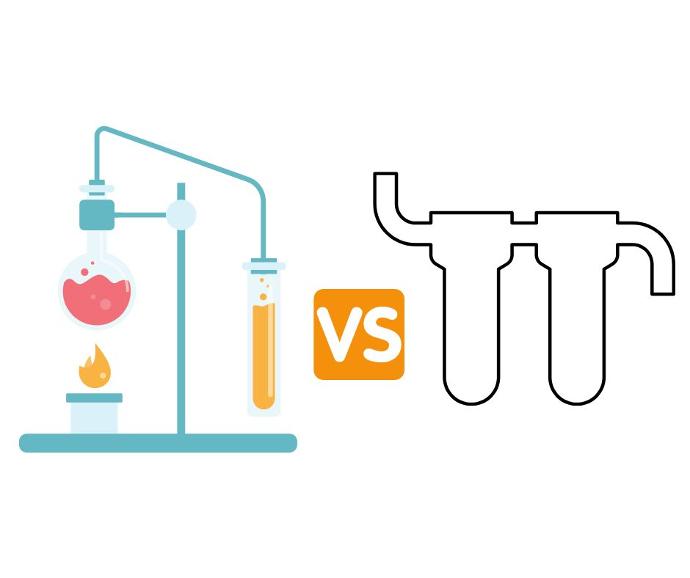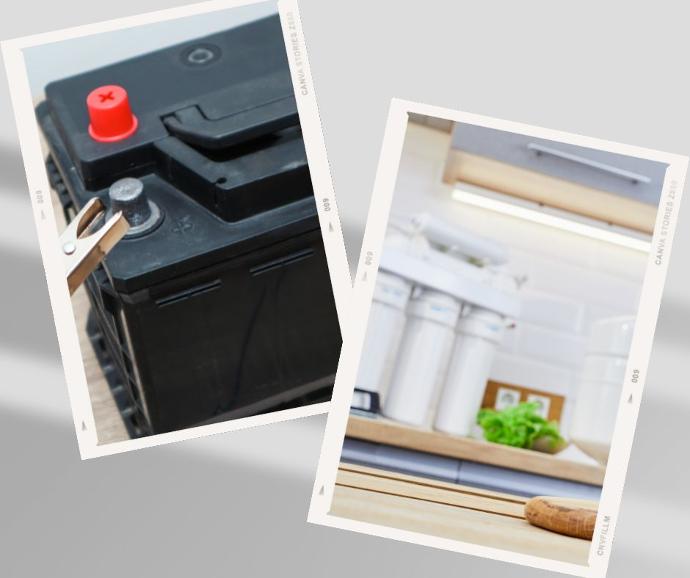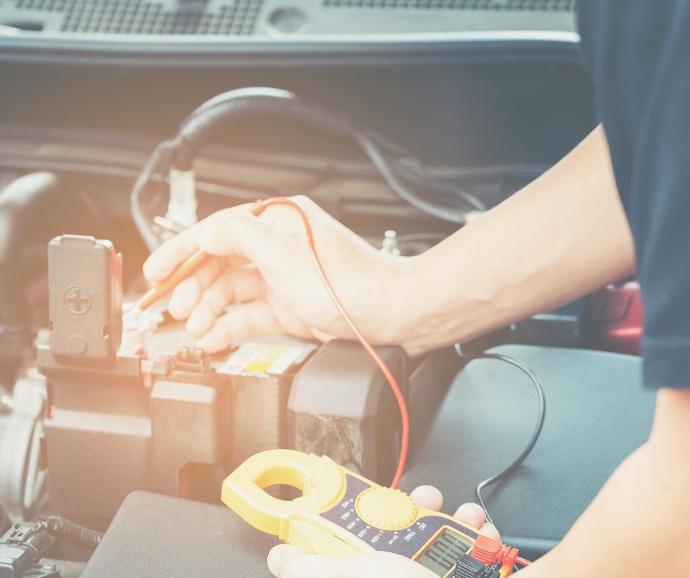Can I Use Reverse Osmosis Water in My Battery? Exploring the Pros and Cons
Are you considering using reverse osmosis (RO) water in your battery instead of distilled water? It's a question that many battery owners ponder, especially given the convenience and cost-effectiveness of RO water production. However, before you make the switch, it's crucial to understand the implications and potential consequences.


What's the Difference Between RO Water and Distilled Water?
RO water is highly filtered water, typically around 98% pure, produced through the reverse osmosis process. On the other hand, distilled water is 99% pure water, created by boiling water and condensing the steam into a separate container, leaving behind impurities. While both types of water are purified, distilled water undergoes a more rigorous purification process, making it the preferred choice for batteries.
Pros and Cons of Using RO Water in Batteries
Using RO water in batteries presents both advantages and disadvantages. On the plus side, RO water is readily available, and its production process is more economical and convenient compared to distillation. However, because RO water is not as pure as distilled water, it may contain trace impurities that can adversely affect battery performance over time.


Effects of RO Water on Battery Health
While RO water may seem like a viable alternative to distilled water, it's essential to consider its impact on battery health. Automotive batteries, in particular, require optimal water quality to function efficiently. RO water, while generally safe for everyday use, may not meet the stringent purity standards necessary for battery longevity. Impurities present in RO water, albeit in small amounts, can lead to mineral buildup, corrosion, and decreased battery lifespan.
Maintenance Tips for Battery Health
Whether you choose to use distilled water or RO water in your battery, proper maintenance is key to ensuring optimal performance and longevity. Regularly check the fluid levels in your battery and top them up as needed with the appropriate type of water. Additionally, monitor the specific gravity of the battery fluid to ensure it remains within the recommended range for optimal acidity levels.

In conclusion, while RO water may be suitable for various household purposes, including drinking and cooking, it's not the ideal choice for battery maintenance. When it comes to your battery's health and longevity, sticking to distilled water is the safest bet. By understanding the differences between RO water and distilled water and implementing proper maintenance practices, you can ensure that your battery performs reliably for years to come
Can I use reverse osmosis water in my battery?